NFT Ticketing Platform Comparison Tool
Platform Summary
Select a platform or filter to view detailed information.
Key Takeaways
- NFT tickets use blockchain to create unique, tamper‑proof tickets that can be verified instantly.
- Major platforms in 2025 include SeatLabNFT (NEAR), WICKET (GET), TicketMint, Oveit, and SquadUP/Sidechain.
- Smart contracts enforce resale rules, automate royalties, and give organizers control over secondary markets.
- Implementation costs are higher than traditional ticketing, but premium events see strong ROI from anti‑scalping and fan‑engagement features.
- Future trends point to cross‑chain interoperability, deeper metaverse integration, and mobile‑first experiences.
When talking about NFT ticketing platforms are software services that mint event tickets as non‑fungible tokens on a blockchain, the conversation instantly shifts to security, resale control, and new revenue streams. In 2025 the market has moved beyond experimental pilots; organizers of concerts, festivals, and exclusive conferences are choosing these solutions to fight counterfeiting and scalping while offering fans collectible digital memorabilia.
How NFT Ticketing Works
The core workflow mirrors traditional ticketing but swaps the paper or QR code for a cryptographic asset. First, an organizer creates a smart contract on a chosen blockchain. The contract defines the total supply, seat mapping, resale royalties, and any token‑gated perks. When a fan purchases a ticket, the platform mints an NFT that contains the seat metadata and a pointer to the contract.
Key technical pieces include:
- Smart contracts self‑executing code that enforces ticket rules and royalty payments.
- Digital wallets software (mobile or hardware) that stores the NFT and signs transfer transactions.
- Blockchain choice (e.g., NEAR Protocol a sharded, low‑fee chain popular with SeatLabNFT or GET Protocol used by WICKET for fast finality and low gas costs).
- Verification methods at the door - QR codes, NFC tags, or Bluetooth beacons that read the blockchain‑linked token.
Because each token is unique and recorded on an immutable ledger, anyone can verify authenticity in seconds, eliminating the counterfeit market that haunts traditional paper or barcode tickets.
Leading Platforms in 2025
Below is a snapshot of the most widely adopted solutions, each with its own blockchain backbone and feature set.
- SeatLabNFT operates on NEAR Protocol, adds NFC verification, and rewards users with a native $SEAT token for airdrops and royalties.
- WICKET built on GET Protocol, focuses on the Italian market with dynamic QR codes that prevent price‑gouging scalpers.
- TicketMint offers a SmartLedger suite for metaverse concerts, enabling NFT tickets that double as collectible avatars.
- Oveit bridges traditional and Web3 ticketing, supporting QR, NFC wristbands, and real‑time syncing across venues.
- SquadUP / Sidechain provides a hybrid conversion tool that turns existing SquadUP tickets into blockchain collectibles on a dedicated sidechain.
All five platforms support royalty percentages (typically 5‑10%) that flow back to the original issuer whenever a ticket changes hands on the secondary market.
Feature Comparison
| Platform | Blockchain | Primary Verification | Minting Fee | Resale Control | Collectible Perks |
|---|---|---|---|---|---|
| SeatLabNFT | NEAR Protocol | NFC + QR | $1.50 per ticket | Smart‑contract caps 200% of face value | $SEAT token airdrops, rarity tiers |
| WICKET | GET Protocol | Dynamic QR | $1.20 per ticket | Dynamic pricing limits, 10% royalty | VIP‑only content unlocks |
| TicketMint | Polygon (Layer‑2) | QR + Metaverse avatar link | $2.00 per ticket | Full royalty enforcement, transfer whitelist | Avatar skins, backstage NFT passes |
| Oveit | Multiple (Ethereum, Polygon) | QR + NFC wristband | $2.50 per ticket | Organizer‑set resale limits, 5% royalty | Event‑specific challenges, rewards |
| SquadUP / Sidechain | Sidechain (custom) | QR + API bridge | $1.80 per ticket | Creator‑controlled royalties, 8% fee | Community badges, tiered access |
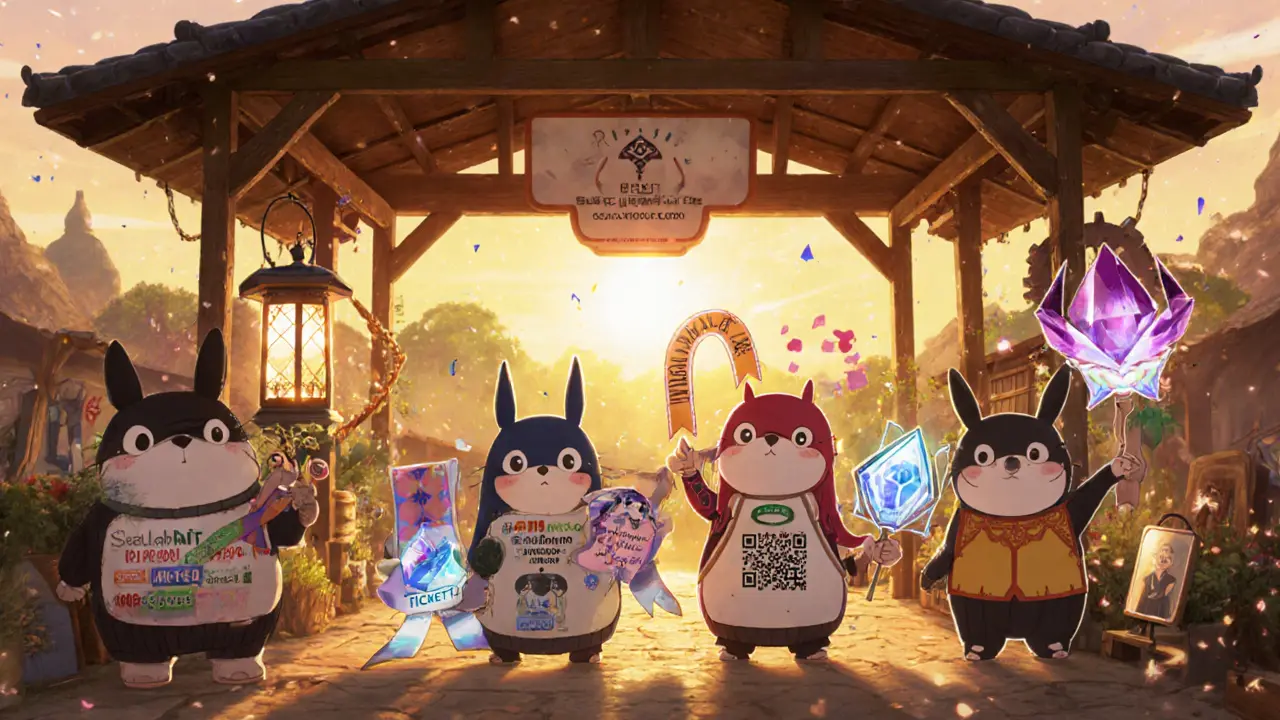
Benefits Over Traditional Ticketing
1. Anti‑fraud: Each NFT is cryptographically unique, making counterfeit tickets virtually impossible.
2. Scalper deterrence: Smart contracts can cap resale price, enforce royalties, and even blacklist suspicious wallets.
3. Revenue streams: Organizers earn a percentage every time a ticket resells, turning what used to be lost revenue into a predictable income.
4. Fan engagement: Collectible airdrops, token‑gated VIP lounges, and digital memorabilia deepen the artist‑fan relationship.
5. Streamlined entry: Attendees simply tap their phone or wristband; the system reads the blockchain token in real time, eliminating long lines.
Drawbacks to Consider
Higher upfront costs are the most cited complaint. Minting fees (usually $1‑$3 per ticket) plus blockchain gas can push the total price above traditional providers. Non‑crypto‑savvy fans often stumble over wallet setup, leading to support tickets during high‑volume sales. Finally, platform stability depends on the underlying network; a congested chain can slow down minting or verification at the gate.
Step‑by‑Step Implementation Guide for Organizers
- Define goals: Are you targeting anti‑scalping, fan collectibles, or both? This will shape your platform choice.
- Select a blockchain: Consider transaction fees, speed, and ecosystem support. NEAR and GET are low‑fee; Ethereum offers broader wallet compatibility but higher gas.
- Choose a platform: Match your needs to the feature matrix above. For NFC‑enabled venues, SeatLabNFT is a strong fit; for Italian festivals, WICKET excels.
- Set up a digital wallet for the event treasury. Most platforms recommend MetaMask (Ethereum) or Near Wallet (NEAR).
- Create the smart contract-many platforms offer a white‑label template where you input seat map, royalty %, and resale caps.
- Mint the tickets: Upload your attendee list or open a public sale. The platform will generate NFTs and send them to buyers’ wallets.
- Integrate entry hardware: Deploy QR scanners, NFC readers, or Bluetooth beacons that query the blockchain for token validity.
- Communicate with fans: Provide step‑by‑step wallet guides, FAQs, and a help line for the first 48hours of sales.
- Monitor secondary market: Use the platform’s dashboard to track resales, enforce caps, and collect royalty payouts.
- Analyze post‑event data: Review attendance metrics, secondary‑market volume, and fan‑engagement KPIs to refine the next event.
Typical rollout time ranges from two weeks for a basic NEAR‑based launch to six weeks for a full multi‑verification Oveit deployment.
Future Trends Shaping NFT Ticketing
Interoperability is the buzzword for 2026. Projects are building cross‑chain bridges so a ticket minted on NEAR can be verified on Polygon, expanding the potential audience. Metaverse integration is also maturing; TicketMint’s avatar‑linked tickets now unlock exclusive virtual lounges in Decentraland and Sandbox.
Regulatory clarity is improving. The EU’s MiCA framework is expected to define how token‑based event tickets are classified, giving organizers a clearer legal footing. At the same time, mobile‑first experiences are finally catching up-most platforms have released iOS and Android apps that let fans buy, store, and transfer tickets without leaving the app.
Overall, the technology’s core promise-secure, transparent, and fan‑centric ticketing-remains solid. The next wave will be about smoothing the user journey and opening the ecosystem to non‑crypto users.
Frequently Asked Questions
Do I need a cryptocurrency wallet to buy an NFT ticket?
Most platforms support both crypto wallets and traditional payment methods. If you choose a wallet‑only purchase, you’ll need MetaMask, Near Wallet, or a similar app. Otherwise, you can pay with credit cards and the platform will handle the minting on your behalf.
Can I resell my NFT ticket?
Yes, but resale rules are set by the event organizer’s smart contract. Many platforms cap the resale price at 150‑200% of face value and automatically send a royalty back to the original issuer.
What happens if the blockchain experiences a delay during entry?
Most venues keep a short‑lived cache of verified token hashes. If the chain is congested, the scanner can fall back to the cached data for a few minutes, then re‑sync once the network stabilizes.
Are NFT tickets environmentally friendly?
Platforms using proof‑of‑stake chains like NEAR or Polygon consume far less energy than Bitcoin’s proof‑of‑work. The overall carbon footprint of a digital ticket is usually lower than printing and shipping paper tickets.
How do royalties work for the original event organizer?
Every time an NFT ticket is transferred on the secondary market, the smart contract automatically sends a pre‑defined percentage (typically 5‑10%) to the organizer’s wallet. The payout is recorded on‑chain and can be withdrawn at any time.
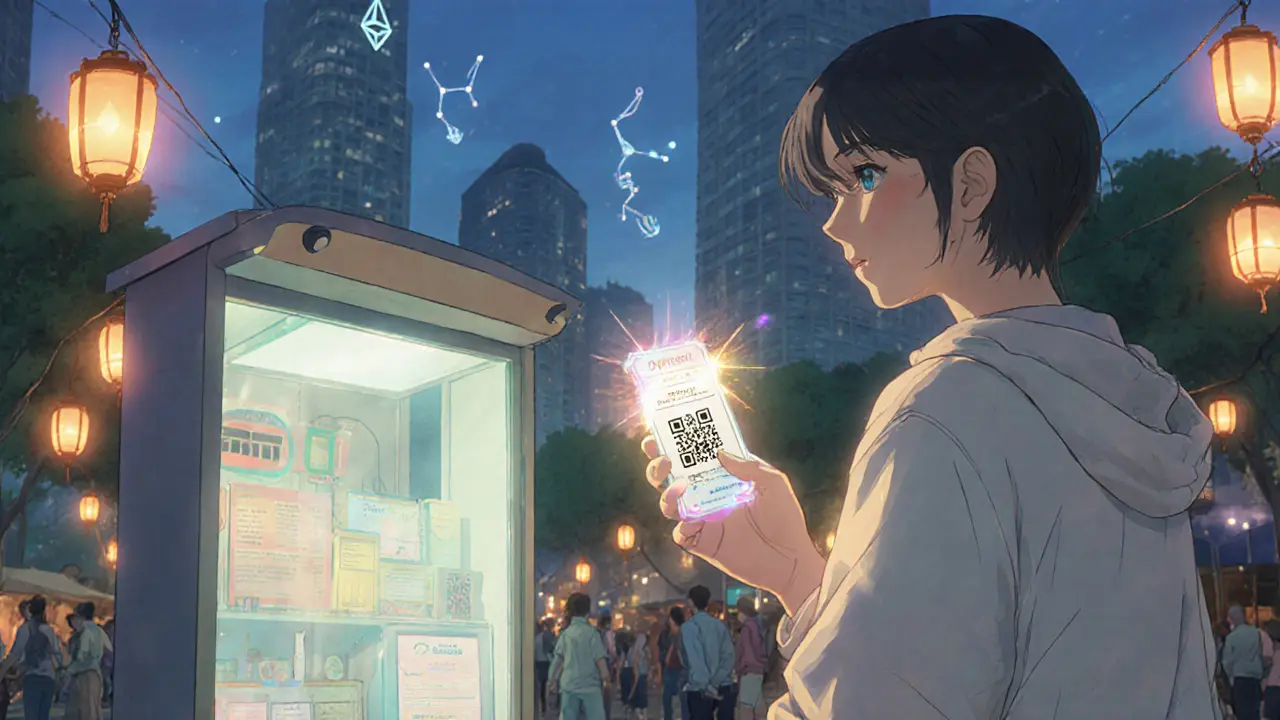


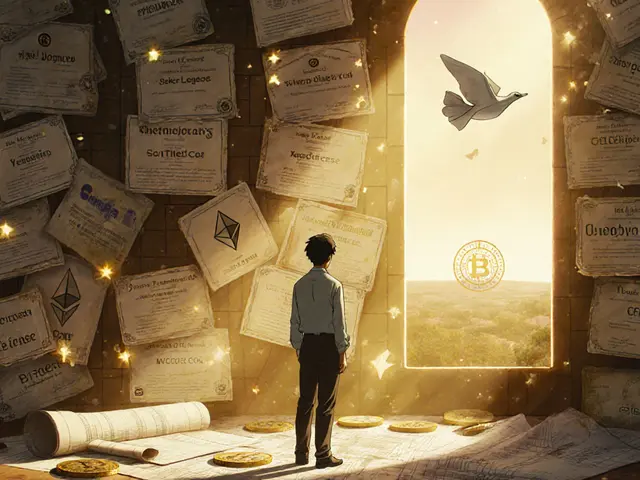

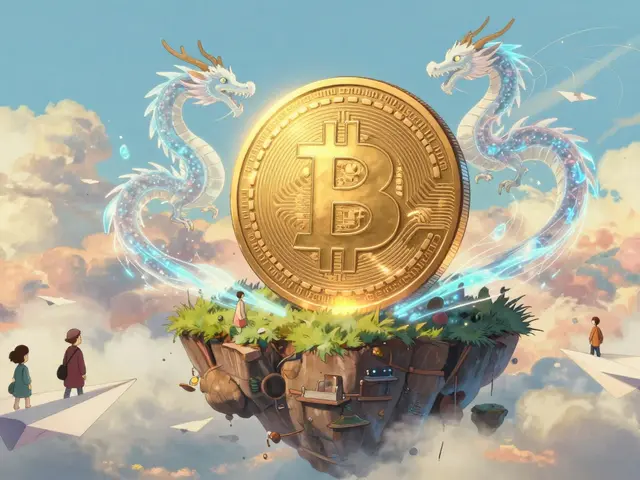
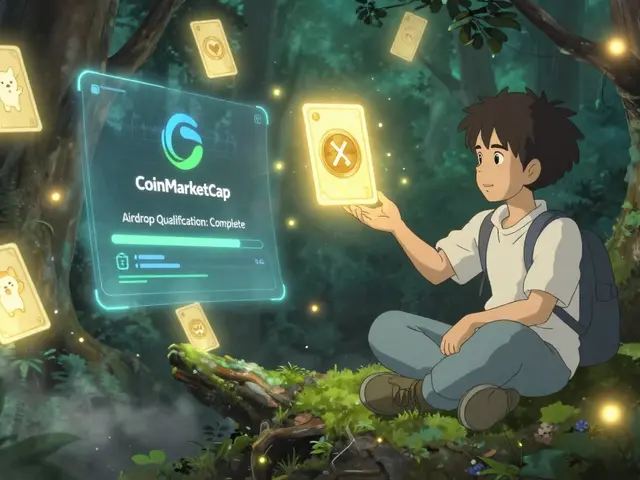
Write a comment
Your email address will be restricted to us